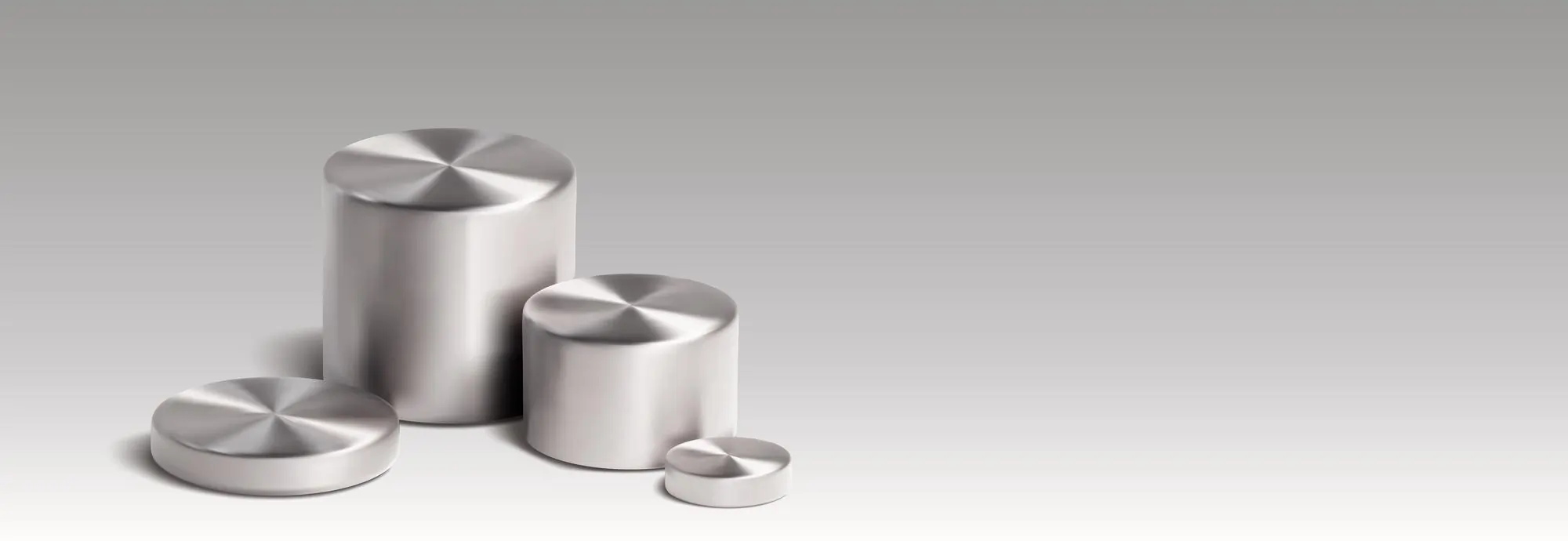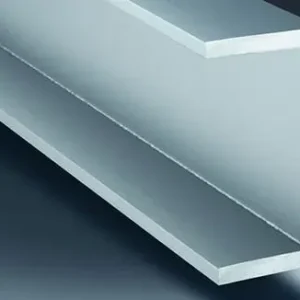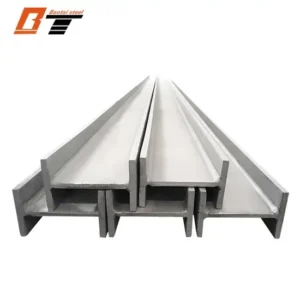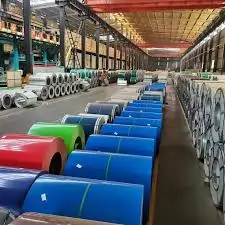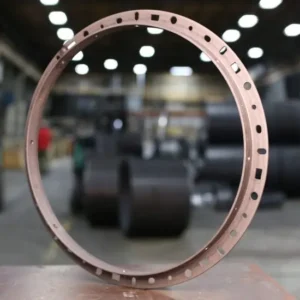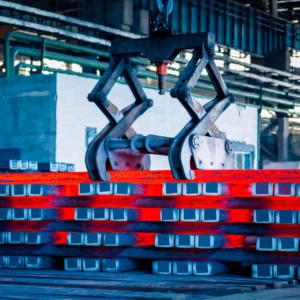Is Titanium a Metal?
Titanium is widely recognized as one of the most versatile and valuable materials in various industries, from aerospace to medical implants. But is titanium a metal? The answer is a resounding yes. Titanium is a chemical element classified as a transition metal in the periodic table, with the atomic number 22 and the symbol Ti. Known for its lightweight, high strength, corrosion resistance, and biocompatibility, titanium is an essential material in modern technology.
Understanding Titanium as a Metal
Titanium shares many characteristics with other metals, such as ductility, malleability, and electrical conductivity. However, it also possesses unique properties that set it apart from common metals like iron, aluminum, and copper. Below are some key features that define titanium as a metal:
1. Physical and Chemical Properties
Titanium exhibits several metallic properties, including:
- High Strength-to-Weight Ratio: Titanium is as strong as steel but 45% lighter, making it an ideal choice for industries requiring strong yet lightweight materials.
- Corrosion Resistance: Unlike iron, which rusts when exposed to moisture and oxygen, titanium forms a thin, protective layer of titanium dioxide (TiO₂) that prevents further oxidation. This makes it highly resistant to corrosion, even in harsh environments like seawater.
- High Melting Point: With a melting point of 1,668°C (3,034°F), titanium can withstand extreme temperatures, making it suitable for aerospace and high-performance applications.
- Low Thermal and Electrical Conductivity: Unlike copper and aluminum, titanium is a poor conductor of heat and electricity, making it less common in electrical applications.
- Non-Magnetic: Titanium does not exhibit magnetic properties, making it valuable in applications where magnetism is undesirable, such as medical implants and aerospace engineering.
2. Titanium in the Periodic Table
Titanium belongs to the transition metals group in the periodic table, which includes elements known for their high strength, durability, and ability to form alloys. Transition metals are also characterized by their d-electrons, which allow them to form various oxidation states.
Titanium primarily exists in +2, +3, and +4 oxidation states, with Ti⁴⁺ (Titanium IV) being the most stable and commonly found in its compounds.
3. Titanium’s Unique Advantages Over Other Metals
While titanium shares similarities with metals like aluminum and stainless steel, it surpasses them in several key areas:
- Stronger than Aluminum, Lighter than Steel: Aluminum is lightweight but lacks strength, while steel is strong but heavy. Titanium offers the best of both worlds, making it a preferred material for aerospace and automotive industries.
- More Corrosion-Resistant than Stainless Steel: Stainless steel is corrosion-resistant, but it can still rust in harsh environments. Titanium, on the other hand, is virtually immune to corrosion in seawater, chlorine, and even acidic conditions.
- Biocompatible: Unlike other metals, titanium is biocompatible, meaning it does not react negatively with the human body. This makes it ideal for medical implants, prosthetics, and dental applications.
Applications of Titanium
Titanium’s exceptional properties make it valuable in numerous industries, including:
1. Aerospace and Aviation
Due to its high strength-to-weight ratio and heat resistance, titanium is used extensively in aircraft structures, jet engines, and spacecraft components. It reduces weight while maintaining durability, improving fuel efficiency and performance.
2. Medical and Healthcare
Titanium’s biocompatibility allows it to be used in hip and knee replacements, dental implants, pacemakers, and surgical instruments. Since the human body does not reject titanium, it is an ideal material for long-term medical use.
3. Automotive Industry
Luxury and high-performance cars incorporate titanium components to reduce weight and enhance durability. Exhaust systems, connecting rods, and engine valves made of titanium improve fuel efficiency and longevity.
4. Marine and Chemical Processing
Because of its corrosion resistance, titanium is widely used in shipbuilding, offshore drilling, and chemical processing equipment. It withstands exposure to seawater and harsh chemicals better than most metals.
5. Sports and Consumer Goods
Titanium is found in golf clubs, bicycle frames, eyewear, and high-end watches due to its lightweight and durable nature. It is also used in jewelry, as it does not tarnish and is hypoallergenic.
Challenges of Using Titanium
Despite its numerous advantages, titanium has some drawbacks:
- High Cost: Titanium is more expensive than common metals like steel and aluminum due to its complex extraction and refining process.
- Difficult to Machine: Its hardness and resistance to wear make it challenging to cut and shape, requiring specialized tools and techniques.
- Limited Electrical Conductivity: Unlike copper or silver, titanium is not a good conductor of electricity, which limits its applications in electrical engineering.
Conclusion
Titanium is undoubtedly a metal, but it is a unique and extraordinary one. It combines strength, lightweight properties, corrosion resistance, and biocompatibility, making it a preferred material in industries ranging from aerospace to healthcare.
While titanium is expensive and challenging to process, its benefits far outweigh the drawbacks. As technology advances and production methods improve, titanium will continue to play a crucial role in shaping the future of engineering, medicine, and beyond

